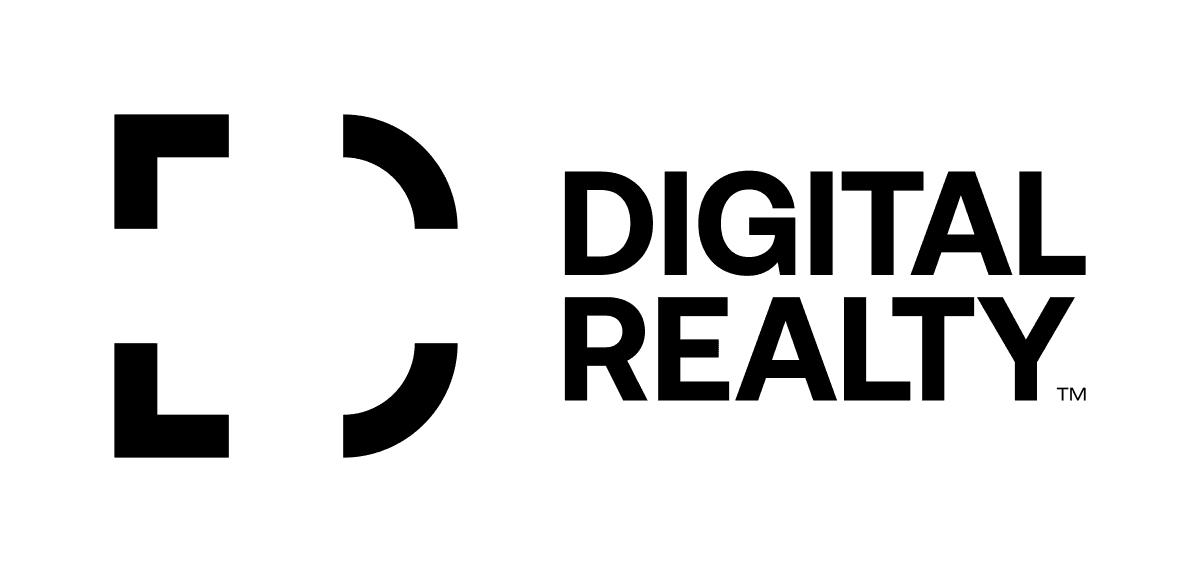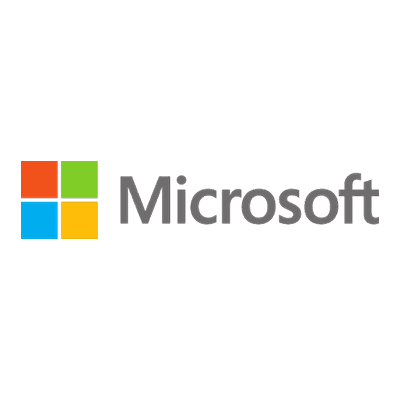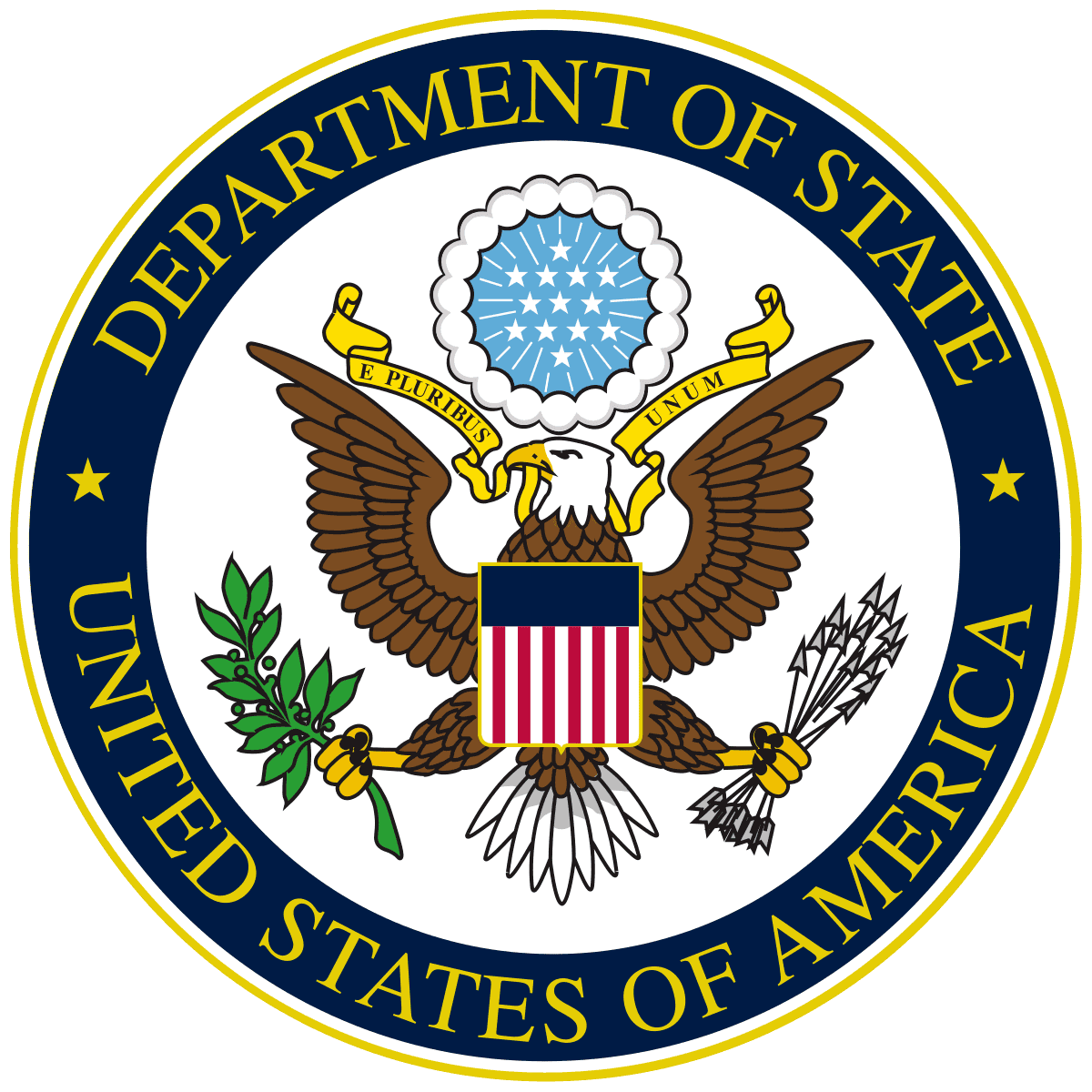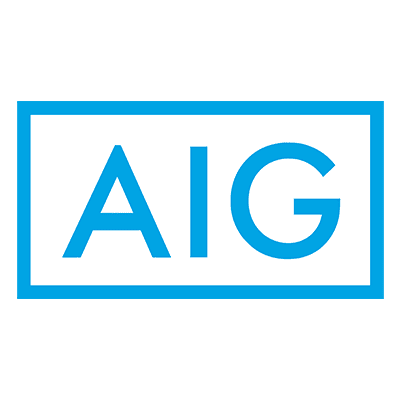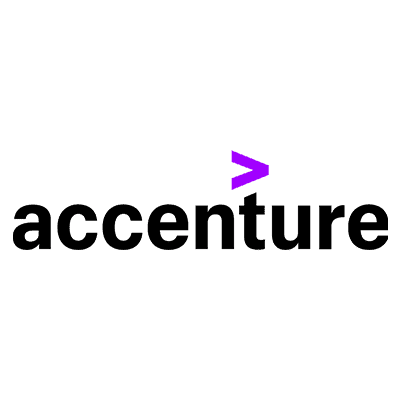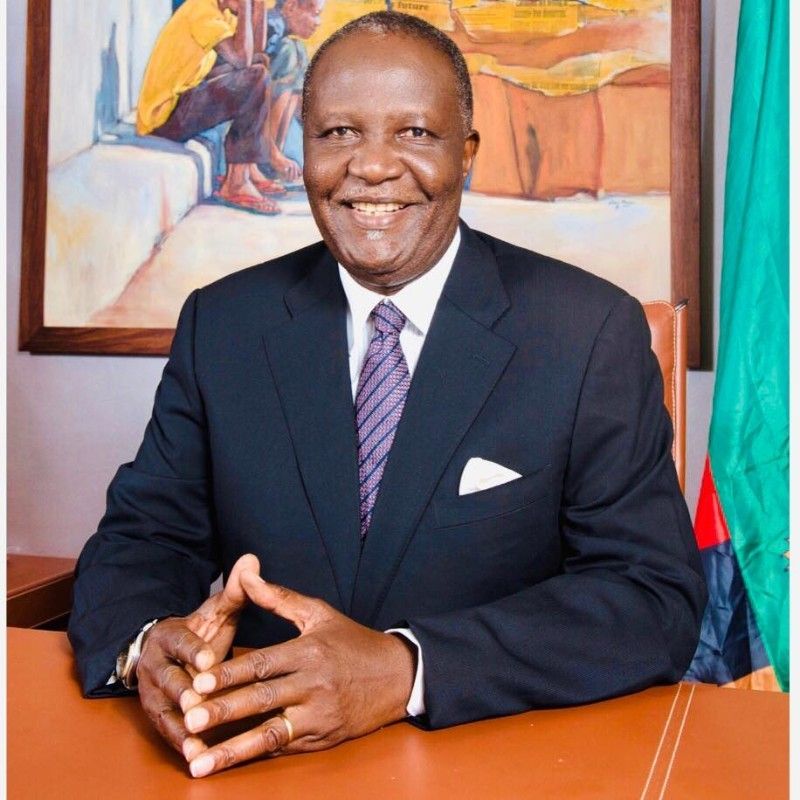
30 Oct 2023
Digital Government Summit in Zambia Addresses Digital Infrastructure
Remarks from Felix Mutati, the Minister of Technology & Science for Zambia, highlighted the recent Digital Government Africa Summit 2023 in Lusaka. Mutati outlined what he calls the “five pillars” of Zambia's emerging Digital Economy: egovernment, digital financial inclusion, digital skills and literacy, digital innovation and entrepreneurship, and perhaps most important, digital infrastructure.
A panel of several government officials, including Mutati, was moderated by Phyllis Kamau, Director, Government Engagement, Visa Inc. She noted that “government is driving (Digital Economy development) but the private sector has to execute and deliver the digital infrastructure. So, digital transformation and government have to be facilitative in these efforts.”
In that spirit, Mutati noted that “we must address how to improve connectivity and access. We can achieve this with appropriate tax incentives and concessions, through a 'Three I' strategy – Incentives to drive Investment and Innovation.” He made mention of technologies such as low-orbit satellites, the use of fiber in the private sector to connect to several neighboring businesses, colocation on multiple wireless towers, and the removal of governmental bureaucratic barriers.
Panel Features Several Technology Ministers
Mutati's views on the need for new Digital Infrastructure throughout Africa were echoed by several other government ministers on the panel. As Ursula Owusu-Ekuful, Minister of Communications & Digitalisation for Ghana noted, “the challenges across the continent are similar. (and) digital infrastructure is the key issue.”
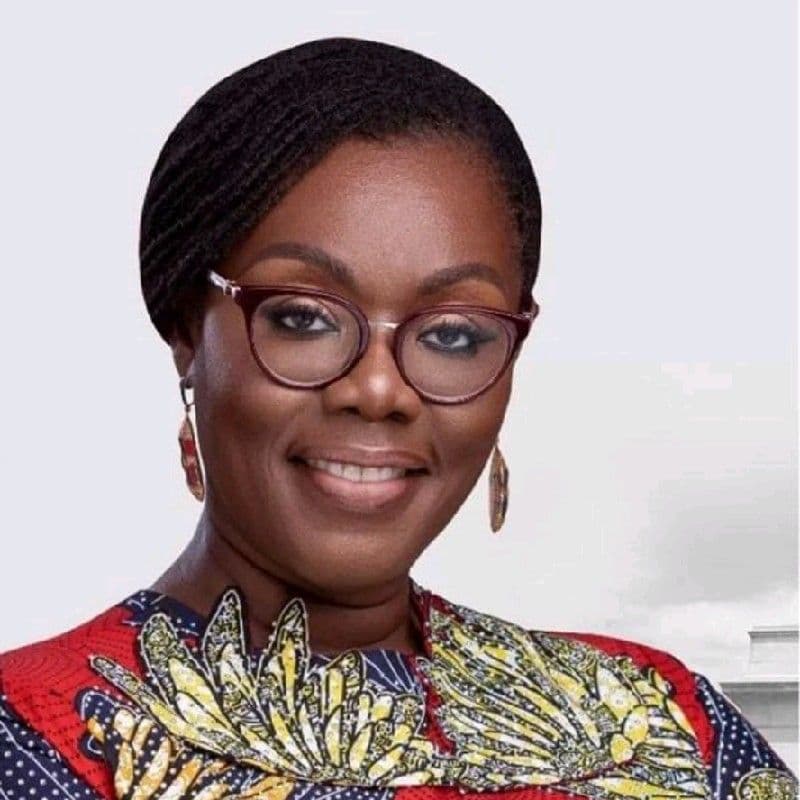
Owusu-Ekuful mentioned the Smart Africa Alliance, an agreement among 39 African nations “ushering Africa into a knowledge economy through affordable access to broadband and usage of Information and Communications Technologies,” and also made note of the World Bank-funded eTransform project. She stressed the need for “robust connectivity” after a project's initial pilot phase, while also focusing on “data governance and sovereignty (being) critical.”
Paula Ingabire, Minister of ICT & Innovation of Rwanda, outlined her rapidly developing nation's recent success in extending 3G and 4G connectivity to 97% of its population across 83% of its geography. Maintaining progress means “enforcing infrastructure sharing to reduce costs and get last-mile connectivity (to all).
But there is a big problem of digital literacy as well,” Ingabire noted. Addressing this issue involves “device financing models that produce bundles for the population at a cost of US$3 to $5 per month,” she said. Rwanda also has developed a program of about 1,500 “Digital Ambassadors to go out and teach digital literacy. Everything is delivered in ecertificate form (as well).”
Kundo Andrea Mathew, Deputy Minister of Information, Communication & Information Technology with Tanzania, also noted the need “to connect (multiple) institutions within the government, with an ultimate goal of then connecting services to citizens.”
So far, the Tanzanian government has connected more than 650 sites, Mathew said, while also “getting everyone to speak the same (technological) language.” Tanzania has four submarine cable connections delivering bandwidth, and the government is also working to extend service across borders to neighboring Kenya, Rwanda, and Zambia.
In less developed Sierra Leone, nascent efforts include a $15 million project funded by the World Bank “to enhance sustainable Digital Economy development,” according to remarks from Hon Ibrahim Sannoh, the country's Deputy Minister of Communication, Technology & Innovation. “We are also looking at developing a national data center,” he said, and developing road maps “to leverage where we are” at the moment.
In Other Words, “Africa Is Open”
Overall, “Africa is open, and there are opportunities in every region and country,” said IDCA Head of Europe and Africa Solomon Edun, who led a delegation to the Summit. Edun met with government and business leaders of more than 20 African nations during the summit, including Zambia, Tanzania, Ghana, Namibia, Malawi, South Sudan, the Democratic Republic of the Congo, South Africa, and several others.
The summit was held just as IDCA Research has identified Africa as a whole and several African nations specifically as offering broad opportunities for governments to develop their own, unique Digital Economies and for investors worldwide to participate in this development.
IDCA Research's Digital Readiness Index of Nations, introduced early in 2023, identifies several African nations as “highly dynamic nations that are primed to travel their paths to Digital Economies,” according to IDCA Chairman and CEO Mehdi Paryavi. “According to our research, most of these nations are showing relatively stronger progress at the moment than many developed nations in the Americas, Europe, and Asia.”
The Digital Readiness Index integrates hundreds of factors into an overall score as well as specific category scores in the areas of Economy, Environment, Social, and Governance. It thus blends a look at relative economic development with the application of ESG principles to entire nations.
Echoing the comments above from the African ministers, African nations are generally substantially underdeveloped in areas of Digital Infrastructure, according to IDCA Research, but often show leadership in sustainability. With a few exceptions, these nations don't face the difficult task of addressing massive carbon footprints, as do most of the world's developed nations. “Several relatively strong economies and progress in key social and governance areas also strengthen the case for investing in several of the continent's nations,” according to remarks from IDCA's Edun.
More information about IDCA's African initiatives can be accessed by becoming an IDCA member or by contacting IDCA directly.
Follow us on social media:


.d57b427b.png&w=3840&q=75)

